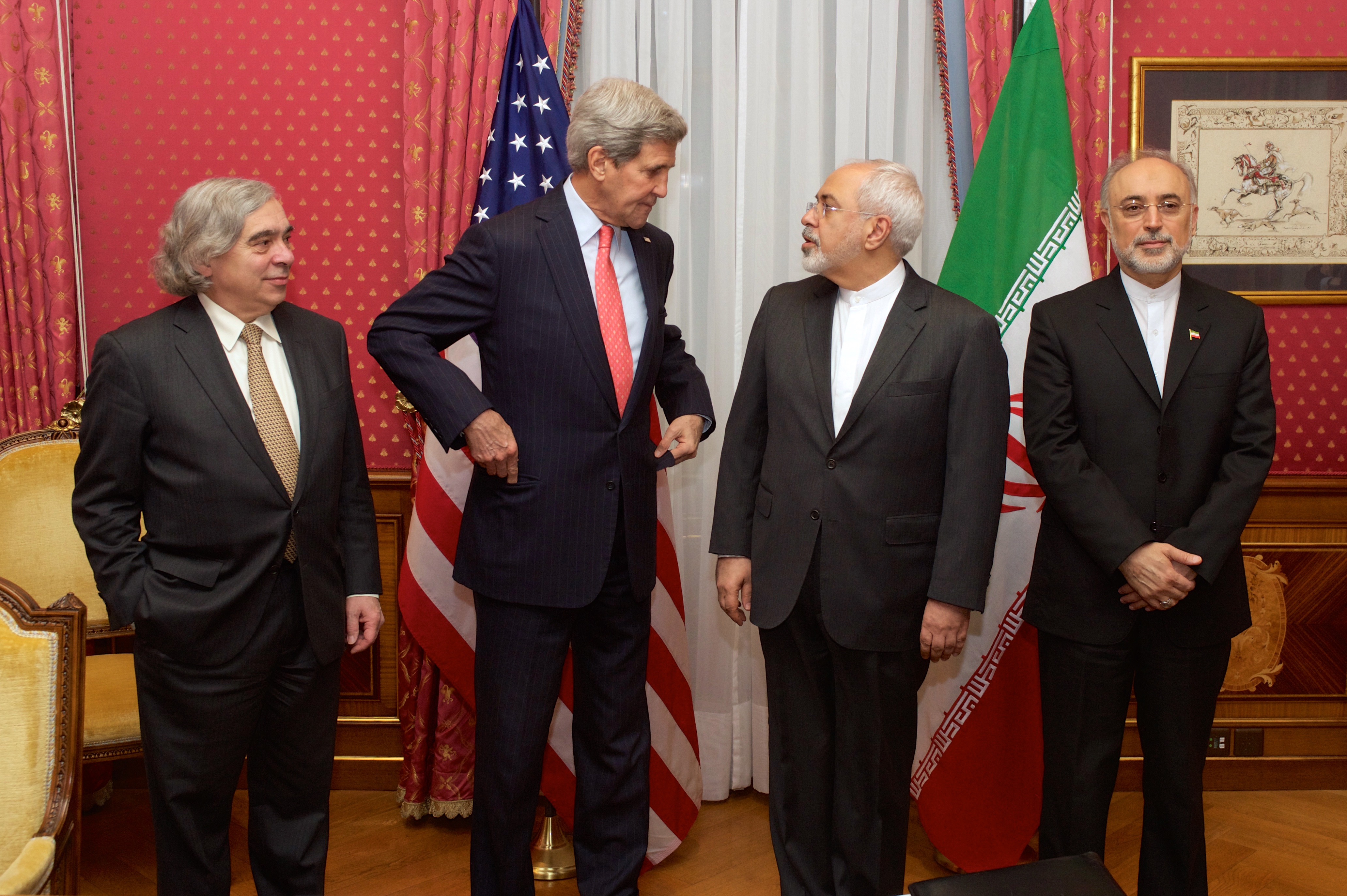
By: Max Wallace
4,486. That’s the number of American soldiers who died while at war in Iraq. At a cost of 10 years, $2 trillion and almost 4,500 American lives, a third of the “axis of evil” was devastated. Now, if you ask an average citizen walking the streets of Pleasantville, USA, what the greatest foreign threat to America is, odds are the answer is going to be Iran or North Korea. Setting aside the fact that Pakistan could make a legitimate claim for that title, how can America triumph over these two remaining states when our time spent in Iraq has left us exhausted, in every sense of the word? If Iraq is to be taken as part of a larger trend, then there is little hope that Iran and North Korea can be made to capitulate. Even if America possesses the strength to compel these nations, it is doubtful that we possess the will to engage in another extended conflict. And yet, we have seen remarkable progress in dealing with Iran. Last November, a temporary agreement was reached, suspending part of the Iranian nuclear program. Some would argue that the deal did not go far enough, but this agreement is meant to be the first of many, and regardless its scope is not its most impressive characteristic. No, the most impressive part of this deal is that it was accomplished without a shot fired or a life lost. Instead, we did it with sanctions. America seems to have figured out that the best way to fight a war is not with guns, but with dollars.
In technical terms, sanctions are the prohibition of trade implemented as a punitive measure. With modern globalization leading trade to constitute more than 50 percent of world GDP, isolating a nation economically is one of the fastest ways to cripple it. Sanctions, when executed properly, can be remarkably effective, but more often than not sanctions tend to produce no results, thereby only leading to an unnecessary loss of trade. The most common reason for this failure is that the sanctions are not enforced by enough nations to result in a tangible cost to the target state. For example, the United States has had an embargo on Cuban goods for more than 50 years, but the Castro regime is far from teetering on the edge of collapse because Cuba trades with everyone other than the United States. The trick, then, seems to be getting multiple nations to agree to a proposed set of sanctions. For better or for worse, this is just like every other form of international diplomacy: difficult and time consuming. The genius of American financial sanctions is that they help circumvent this dilemma.
The standard battery of trade prohibitions has already been leveled at Iran. Any transaction affiliated with their nuclear program is banned and violators are subject to penalty. The same holds true for American companies doing business with key sectors of Iran’s economy. The masterstroke within these sanctions is that they extend not just to American companies, but to foreign firms as well. In practical terms, this means that foreign firms have to choose between doing business with the United States or with Iran. By using this technique, the American government can generate, or at least strongly encourage, multilateral sanctions by acting unilaterally. Of course, such economic bullying is viewed with disfavor by other nations, so this tactic should only be engaged as a last resort. Thankfully, there was already significant international support behind the Iran sanctions, meaning that U.S. action in this area merely served to encourage continued cooperation and further tighten existing restrictions.
These financial sanctions are so potent because they leverage America’s greatest asset, which is perhaps the one thing that America engages in with more readiness and efficiency than war: banks. Banking is the backbone of the service-driven American economy, with most of the money in the world passing at some point through the vast web of Federal Reserve institutions and private entities that comprise the American financial system. So when multi-national corporations are faced with fines in ranges of eight to 10 figures or threatened with frozen accounts, they suddenly become remarkably more compliant.
The severity of punishment associated with these sanctions not only discourages violators, but it also discourages companies who are conducting completely legitimate transactions from doing business with Iran. The penalties facing violators of sanctions are so steep that they would rather forego doing business altogether rather than risk misinterpreting a statute and being hit with millions or even billions of dollars of fines. As a recent round of penalties against violators illustrates, some transactions will always slip through the safety-net of sanctions, but these financial sanctions do an excellent job of deterring all but the most daring of capitalists.
Unfortunately, although these sanctions appear to have provided a possible solution to the threat posed by the Iranian nuclear program, it is unlikely that a similar system can be implemented in North Korea. Several mitigating factors hamper the effectiveness of sanctions directed against the Hermit Kingdom including the fact that they have less trade to sanction and China is a strong regional ally.
That being said, North Korea still receives appreciable amounts of foreign transactions and its leadership retains foreign financial holdings which could be frozen. In fact, the United States froze $25 million in North Korean funds held in the Banco Delta Asia during the Bush administration. However, these funds were later released as a show of good will in the Six-Party Talks. Additionally, the Chinese are not in favor of a nuclear North Korea and would likely support a measured sanctions system, but on one key condition. The sanctions system would have to be severe enough to prompt compliance, but not so strict that it would lead to a regime collapse. Such an event would be disastrous for both the Chinese and South Korean economies as both would be flooded with refugees and faced with the cost of rebuilding an entire nation stuck largely 60 years in the past. No such threat exists from a collapse of the Iranian regime. Therefore it would appear that we must look elsewhere for the key to dismantling the last untouched member of President Bush’s vaunted “axis.”
If you attack a nation with bombs and bullets, its citizens will resent and resist you, rallying around their flag in a patriotic fervor. If you cripple a nation’s economy through sanctions, however, the citizenry will blame the government for placing them in an unnecessarily trying situation. Isolating a nation financially places it under a strain comparable to a war, without inflicting any permanent damage to infrastructure and with much less risk to average residents. The United States as the leader of the global economy, finds itself uniquely positioned to use these tools, providing a very compelling argument for compliance on the part of foreign governments. In the future, when America finds facing off with another Iran and the rest of the world is reluctant to get involved, it should resort to its greatest weapon: banks.

